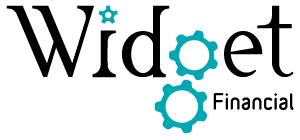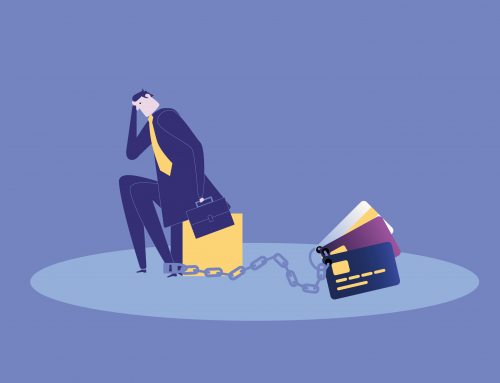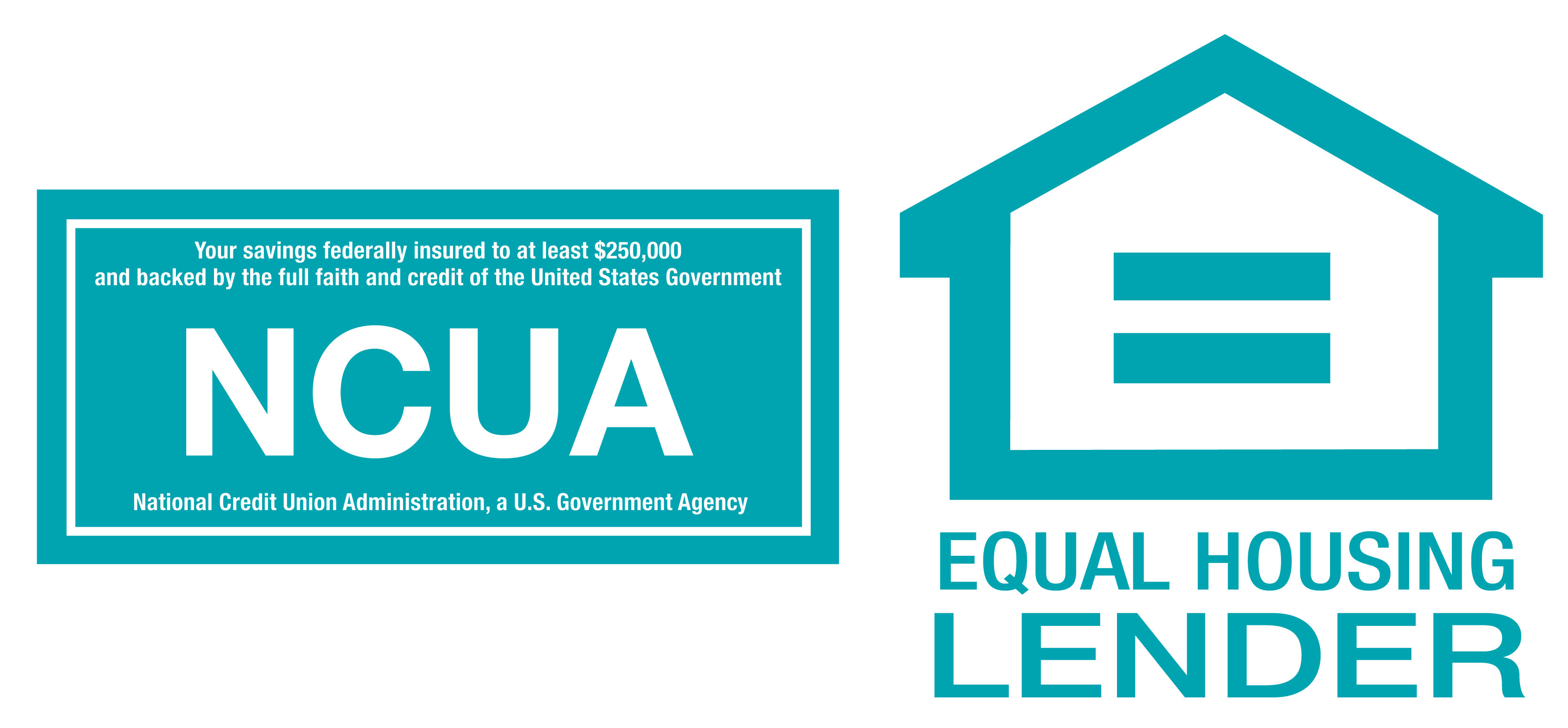One of the many perks available to working folk is a company-matched retirement plan, named after the part of the tax code authorizing it. These tax-deferred retirement packages are the principal retirement vehicle for just over half of all people in the United States. Americans tuck away about 6% of their pay in 401(k) plans to receive employee matching and tax breaks.
One feature many people don’t realize about 401(k) funds is that the account holder can borrow against the balance of the account. About 87% of funds offer this feature. The account holder can borrow up to 50% of the balance or $50,000, whichever is lower, but the whole amount must be repaid within 5 years. There’s no approval process and there’s no interest. It’s basically a loan you give yourself, and is a popular enough option that 17% of millennial workers, 13% of Gen Xers and 10% of baby boomers have made loans against their 401(k) accounts.
Despite these benefits, borrowing against a 401(k) is a risky proposition. There are harsh penalties for failure to repay and taking money away from retirement savings is always risky. Borrowing from a 401(k) account should not be a decision that is made lightly.
As with most financial moves, there are benefits and disadvantages to borrowing from a 401(k). It can be difficult to sort through them, particularly if your need for money is acute and immediate. Before you borrow from a 401(k), though, ask yourself these four questions:
- Will the money fix the problem?
Many borrowers use money from their 401(k) to pay off credit cards, car loans and other high-interest consumer loans. On paper, this is a good decision. The 401(k) loan has no interest, while the consumer loan has a relatively high one. Paying them off with a lump sum saves interest and financing charges.
But the question of whether repaying that loan will fix the underlying problem remains. Take a look at your last six months of purchases. If you had made a 401(k) loan six months ago and paid off revolving debt, would your debt load still be a problem? Perhaps not – your current situation may reflect an emergency or an unplanned expense. On the other hand, if your credit cards are financing a lifestyle that is above your means, you may find yourself back in the same position a year down the road – and with no money in your 401(k).
Borrowing against a 401(k) to deal with a medical bill, a first-time home purchase or an emergency car repair can be a smart move. But before you borrow against your future, make sure it will really fix your present.
- Will the investment offer a better return?
Your 401(k) is earning money for you. It’s invested in stocks, bonds, and mutual funds that are appreciating, usually at a fairly conservative pace. If you pull money out in the form of a 401(k) loan, that stops.
The statement that a 401(k) loan is interest-free is only technically true. You have to pay back what you pull out, but before you do, it doesn’t earn any interest. Therefore, the “interest” you pay on your 401(k) loan really comes in the form of the gains you never produced on the money you borrowed since you were not investing it during that time.
If you’re borrowing from your 401(k) to invest in a business, ask yourself if your new venture will beat the return you’re currently getting. If you’re planning to pay off your mortgage, compare the interest rate you’re paying to that return. Don’t worry about trying to time or forecast the market. Assuming a 4% return (a safe average) is the most prudent course of action.
- Is your job secure?
If you’ve recently been promoted or received new training on an important job duty, you can be pretty confident you aren’t going to be let go from your job any time soon. If your recent performance reviews haven’t been stellar, or if your company has some layoffs pending, you might want to beware. If you’re at all hesitant about your future at the company, hold off on borrowing from a 401(k).
If you lose your job or retire with a loan outstanding, you have 60 days to repay the loan in its entirety. Otherwise, it counts as a “disbursement.” You’re responsible for taxes on the entire amount and you’ll have to pay a 10% early withdrawal penalty. Staring down big bills like that after you’ve just lost your job is not a fun predicament.
While job loss can happen at any time, you want to make sure you’ll be happy and welcome at your current employer for the next five years before you pull money out of your 401(k). You may also want to consider accelerating your repayment plan to get your 401(k) refunded as quickly as you can. Unlike some loans, there’s no penalty for early repayment. Plus, the sooner the money is back in your account, the sooner it can start earning for you again.
- Do you have other options?
If you’ve identified your need for money as immediate, consider what other options you may have available before you dig into your retirement savings. For home repairs, using a home equity line of credit can be a smarter choice. At Widget Financial, we offer fixed-rate home equity loans as well as home equity lines of credit. Applying is easy and can be completed online.
For an outstanding car loan, refinancing may make more sense. At Widget, our auto loan rates are among the best in the city and we want to help save you money each and every month.
While borrowing from a 401(k) can be a good way to solve a short-term, specific problem, it does have risks. Let the dedicated professionals at Widget Financial help you determine your brightest financial future.







